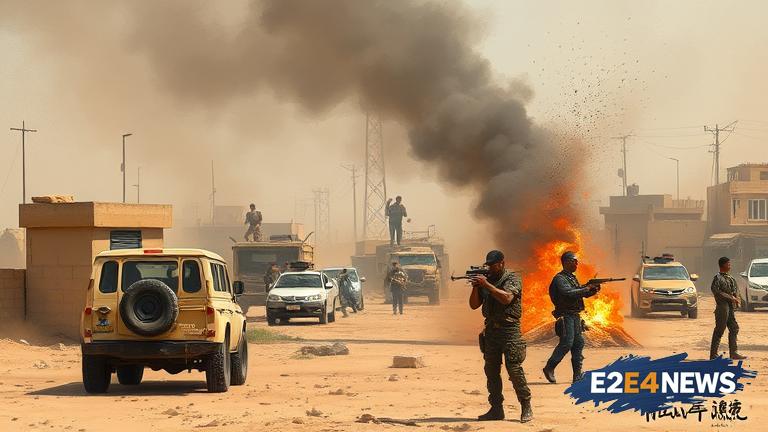In a shocking move, Israeli Prime Minister Benjamin Netanyahu has announced plans to launch a full-scale occupation of the Gaza Strip, a decision that has sent shockwaves throughout the international community. The move is seen as a significant escalation of the ongoing conflict between Israel and Palestine, with many fearing it could lead to widespread violence and humanitarian crises. The occupation is expected to involve a large-scale deployment of Israeli troops and military equipment, with the aim of asserting control over the densely populated coastal territory. The decision has been met with widespread condemnation from governments and organizations around the world, with many calling for restraint and a return to diplomatic efforts to resolve the conflict. The United Nations has expressed deep concern over the move, warning of the potential for catastrophic consequences for civilians in Gaza. The European Union has also weighed in, urging Israel to reconsider its decision and pursue a peaceful resolution to the conflict. Despite the international outcry, Netanyahu remains resolute in his decision, citing the need to protect Israeli citizens from militant attacks and ensure the country’s security. The occupation is expected to have significant implications for the people of Gaza, who have already suffered greatly under years of blockade and conflict. The territory’s economy is likely to be severely impacted, with many businesses and industries forced to shut down or significantly reduce operations. The humanitarian situation in Gaza is also likely to deteriorate, with many residents facing severe shortages of food, water, and medical supplies. The international community is calling for urgent action to address the crisis, with many organizations and governments pledging to provide humanitarian aid to those affected. The situation in Gaza is complex and deeply entrenched, with a long history of conflict and occupation. The territory has been under Israeli blockade since 2007, with severe restrictions on the movement of people and goods. The blockade has had a devastating impact on the economy and living standards in Gaza, with many residents struggling to access basic necessities like food and healthcare. The conflict between Israel and Palestine is one of the most enduring and complex in the world, with a history dating back decades. The issue of occupation is a highly contentious one, with many Palestinians viewing it as a fundamental obstacle to peace and self-determination. The international community has long recognized the need for a two-state solution to the conflict, with Israel and Palestine living side by side in peace and security. However, the prospects for such a solution appear increasingly remote, with many fearing that the occupation of Gaza could mark a significant turning point in the conflict. As the situation in Gaza continues to deteriorate, the international community is calling for urgent action to address the crisis and prevent further escalation. The United States, a key ally of Israel, has urged restraint and called for a return to diplomatic efforts to resolve the conflict. The Arab League has also condemned the occupation, calling for international action to protect the rights and interests of the Palestinian people. The situation in Gaza is a deeply human one, with many families and communities affected by the conflict. The occupation is likely to have a profound impact on the daily lives of residents, with many facing significant challenges in accessing basic necessities like food, water, and healthcare. The international community is calling for a peaceful resolution to the conflict, one that recognizes the rights and dignity of all parties involved. As the situation continues to unfold, one thing is clear: the occupation of Gaza marks a significant escalation of the conflict, one that requires urgent attention and action from the international community.





